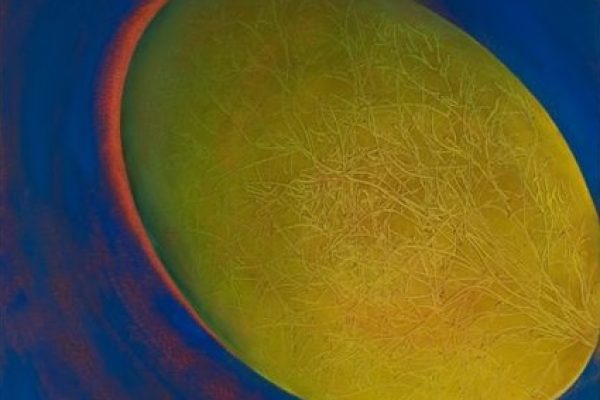I wrote this mikveh ritual to mark the end of a difficult chapter in my life. I wanted to create a spiritual experience to honor all the growth, change, and insight that emerged from that difficult process. May it be a source of blessing for you to use in moments of change in your own life.
Opening song:
May I Be Empty by Batya Levine
May I be empty, and open to receive the light, may I empty, and open to receive.
May I be full and open to receive the light, may I be full, and open to receive.
Kavannah for this moment:
Release, open up, give and receive love for being alive, and for the Divine.
First immersion:
Release. Releasing all the habits, patterns, obsessions, behaviors, beliefs, delusions, desires that have involved codependence with other people. Releasing the pain and suffering of the past so that I can live with more clarity, serenity, compassion, strength, and peace.
Berukhah At Shekhina, ruakh ha’olam, asher kidshanu b’mitzvotav, v’tzivatnu al tevilah.
Blessed is the Divine in-dwelling Presence, the breath that infuses the world, for the mitzvah of immersion.
Second immersion:
Opening up to the present moment. Shehekhiyanu for the present moment: honoring who I am becoming. Honoring the boundaries I set. Honoring freedom from suffering that emerges from letting go of the past and embracing the present moment of transition and change.
Berukhah At Shekhina, ruakh ha’olam, shehekhiyanu v’kiyimanu, v’higiyanu la’zman hazeh.
Blessed is the Divine in-dwelling Presence, the breath that infuses the world, for sustaining us (me), and enabling us (me) to arrive at this sacred moment of transition.
Third immersion:
Shema. Stepping into a new and different future of liberation from old habits. Emerging from this experience of change and growth, looking to the future of honoring myself first and embracing healing, wholeness, and oneness. Shema Yisrael Adonai Eloheinu Adonai Ekhad. Listen, all who dance with the Divine, the Source of Life Unfolding is Oneness.
Emergence from the mikveh:
Sing Psalm 23, Kosi revaya, Kosi revaya (tune by Shefa Gold).
My cup overflows. I give thanks for the unknown blessings already on their way.











